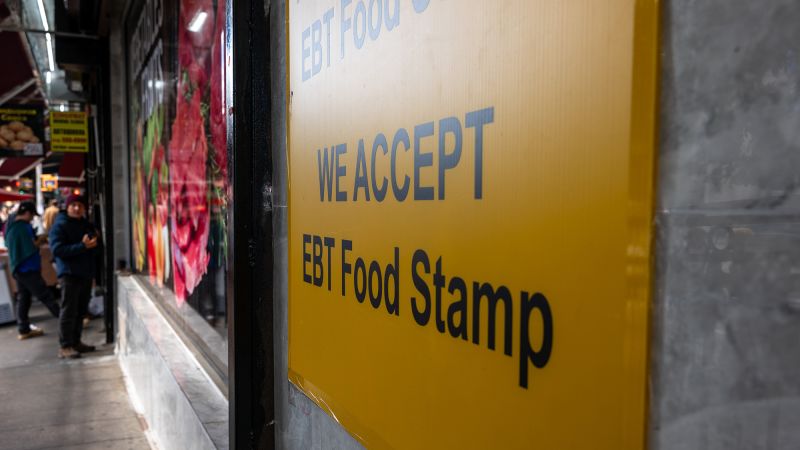The Senate Agriculture Committee has proposed changes to the food stamp provisions in the House-approved mega-bill. The proposed changes include adjusting work requirements for parents of dependent children in the Supplemental Nutrition Assistance Program (SNAP). The Senate version would require parents of children aged 10 and older to work to maintain benefits, while the House package sets the requirement for parents of children aged 7 and older. The Senate proposal also eliminates exemptions for veterans, homeless individuals, and young adults who have aged out of foster care.
Both the Senate and House versions aim to expand work requirements for able-bodied adults and restrict waivers for states during economic challenges. They also bar certain immigrants with legal status from receiving food stamps. While the Senate measure emphasizes transitioning recipients to self-sufficiency, critics argue that it could exacerbate hunger in the US, potentially affecting millions of working parents and grandparents.
The House bill, which enacts historic cuts to food stamps, includes provisions for states to share the cost of benefits based on error rates. Advocates and state officials caution that shifting more financial burden onto states could have detrimental effects, leading to potential cuts in benefits and reduced access for individuals and families in need. The proposed changes may prompt states to modify benefits or eligibility, potentially resulting in millions losing food stamp benefits. The ongoing negotiations between Senate committees and the House aim to shape the future of food assistance programs in the US.

